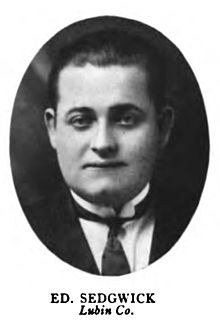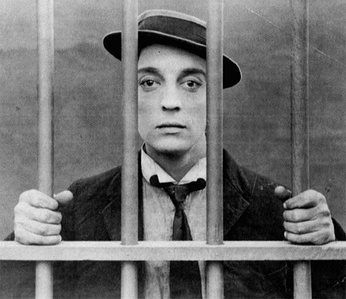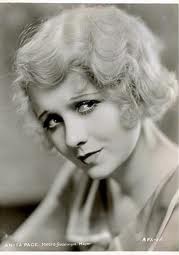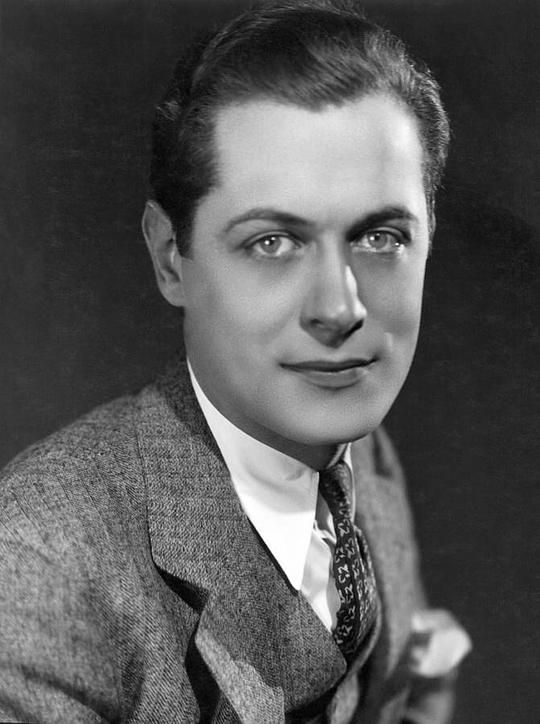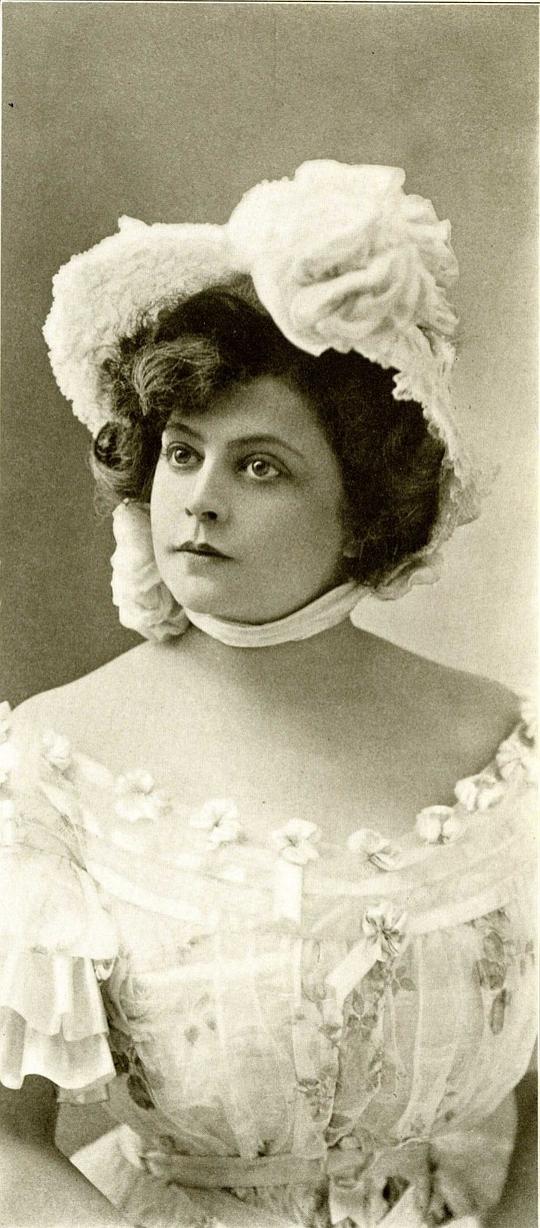逍遥自在 Free and Easy(1930)
演员:
影评:
jc
Tim Halloran
CTVA 310
26th October 2017
A Short Review of Free and Easy
On October 26, 2017, at 7 PM, I watched one film, namely Free and Easy. It was produced by Metro-Goldwyn-Mayer and mainly acted by Buster Keaton in 1930; it was Keaton's first talking feature after he signed the contract with MCM and was also where Keaton started to lose his film career. Free and Easy is a sound feature with lots of magic dramatic scenes, and an "abnormal" story, ending with the protagonist not achieving his goal. The sound mixing and acting are horrible in the film, and the film doesn't have a good pacing structure; furthermore, it is not even a typical comedy.
In this feature, Free and Easy, through the metaphor, the play in a play, audiences are able to see and generate laughter by lots of dramatic, magic scenes that they don’t have chances to explore in real life. Through the design of the set, it is easy to tell that MGM spent a huge amount of money to make magic scenes. Their purpose of signing a contract with Keaton is that they needed somebody as good at doing action effects to make audiences laugh. For example, in the scene where Keaton was dressed up as a clown, MGM spent a lot of money to make this scene happen. In this scene, Keaton, the clown was suspending, swinging, and manipulating like a marionette from the ceiling.
What I didn't like in this film were the sound mixing, the lagging film pace, and the boring acting. Free and Easy is a feature produced in 1930; hence, it's understandable that the sound mixing is horrible. The film is boring and has a very slow pace. Moreover, in this sound comedy, the director Edward Sedgwick used lots of long shots, but Keaton remained his old acting style, which was a stone face with clumsy body movements. The use of lots of long shots and the slow pacing editing style made Keaton's acting looks awkward and become an affectation.
Last but not least, although Free and Easy is Keaton's failure feature, the unique ending makes Free and Easy unique and forward. It is the first Keaton's feature wherein the main character failed to achieve his goal. I personally like it.

